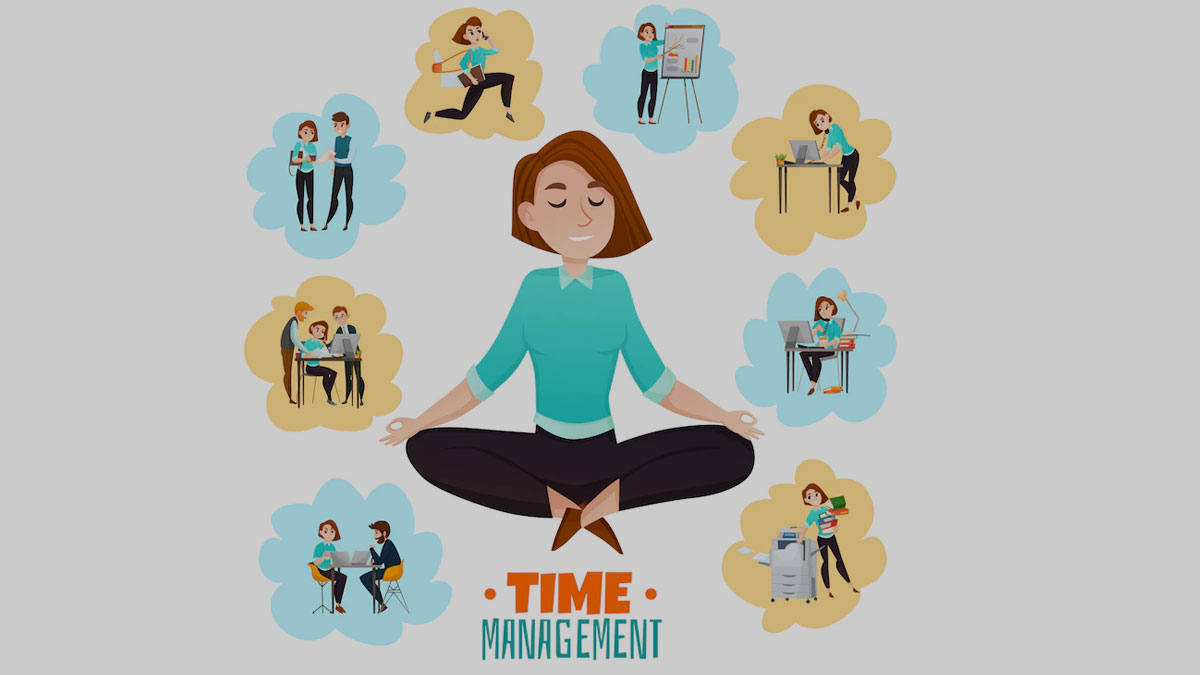
Stress is something we all encounter in daily life, whether from work pressures, family responsibilities, or personal concerns. While it can be a normal response to challenges, chronic stress can lead to health problems, including hypertension, or high blood pressure. Understanding how stress affects blood pressure and finding ways to manage it can significantly reduce health risks.
Table of Content:-
How Stress Contributes to Hypertension
According to the American Heart Association (AHA), hypertension is a problem of many and is often dubbed the 'silent killer' because of its lack of noticeable symptoms. According to research published in the Chronic Psychosocial Stress and Hypertension, there is a strong link between stress and elevated blood pressure. Our expert Dr Nikhil Nayar, Psychiatrist, Sharda Hospital - Noida explained that when the body is stressed, it triggers the 'fight or flight' response, which releases hormones like adrenaline and cortisol. "These hormones increase heart rate and constrict blood vessels, causing blood pressure to rise. While this is a helpful response in short-term situations, constant activation of this response due to chronic stress can lead to persistently high blood pressure," he said.

Also Read: FDA Issues New Warning For Popular Weight Loss Drugs—Here's What You Need To Know
Stress Management Techniques to Help Control Blood Pressure
While stress is unavoidable, managing it can help protect your health and keep blood pressure in check. Here are some expert approved and proven techniques for reducing stress:
1. Regular Exercise
Physical activity is a powerful stress reducer, and it has been shown to help regulate blood pressure by strengthening the heart. The AHA recommends 150 minutes of moderate exercise per week. "Activities like walking, swimming, or yoga can help release endorphins, which act as natural mood lifters," shared Dr Nayar. In fact, a study published in Hypertension found that adults who exercised regularly had significantly lower blood pressure than those who were sedentary.
2. Mindfulness Meditation
Mindfulness techniques, like meditation, deep breathing, or progressive muscle relaxation, have been shown to reduce stress and, in turn, lower blood pressure. According to Dr Nayar, participants who practised daily meditation experienced reduced systolic and diastolic blood pressure. Even a few minutes a day can make a difference in calming the mind and reducing stress.

Also Read: Instagram Leads or Misleads: Can Coconut Actually Help with Weight Loss? Expert Debunks Myth
3. Adequate Sleep
Poor sleep is closely linked to stress and high blood pressure. Aim for 7-8 hours of quality sleep each night, creating a calming bedtime routine that limits screen time and caffeine intake.
4. Healthy Diet
A balanced diet rich in fruits, vegetables, whole grains, and lean proteins can positively impact both stress and blood pressure. Consuming high amounts of salt, sugar, and processed foods can increase blood pressure, while diets high in potassium, magnesium, and fibre help lower it. The DASH (Dietary Approaches to Stop Hypertension) diet, for example, has been shown to reduce blood pressure significantly in those with hypertension.
Bottomline
If stress management techniques don’t seem effective, it might be helpful to seek guidance from a therapist or counsellor who can work with you on managing stress and reducing anxiety. By addressing stress through lifestyle changes and support, you can significantly reduce your risk of hypertension and protect your heart. Remember to take these small steps that can help create a healthier, more balanced life.
Also watch this video
How we keep this article up to date:
We work with experts and keep a close eye on the latest in health and wellness. Whenever there is a new research or helpful information, we update our articles with accurate and useful advice.
Current Version